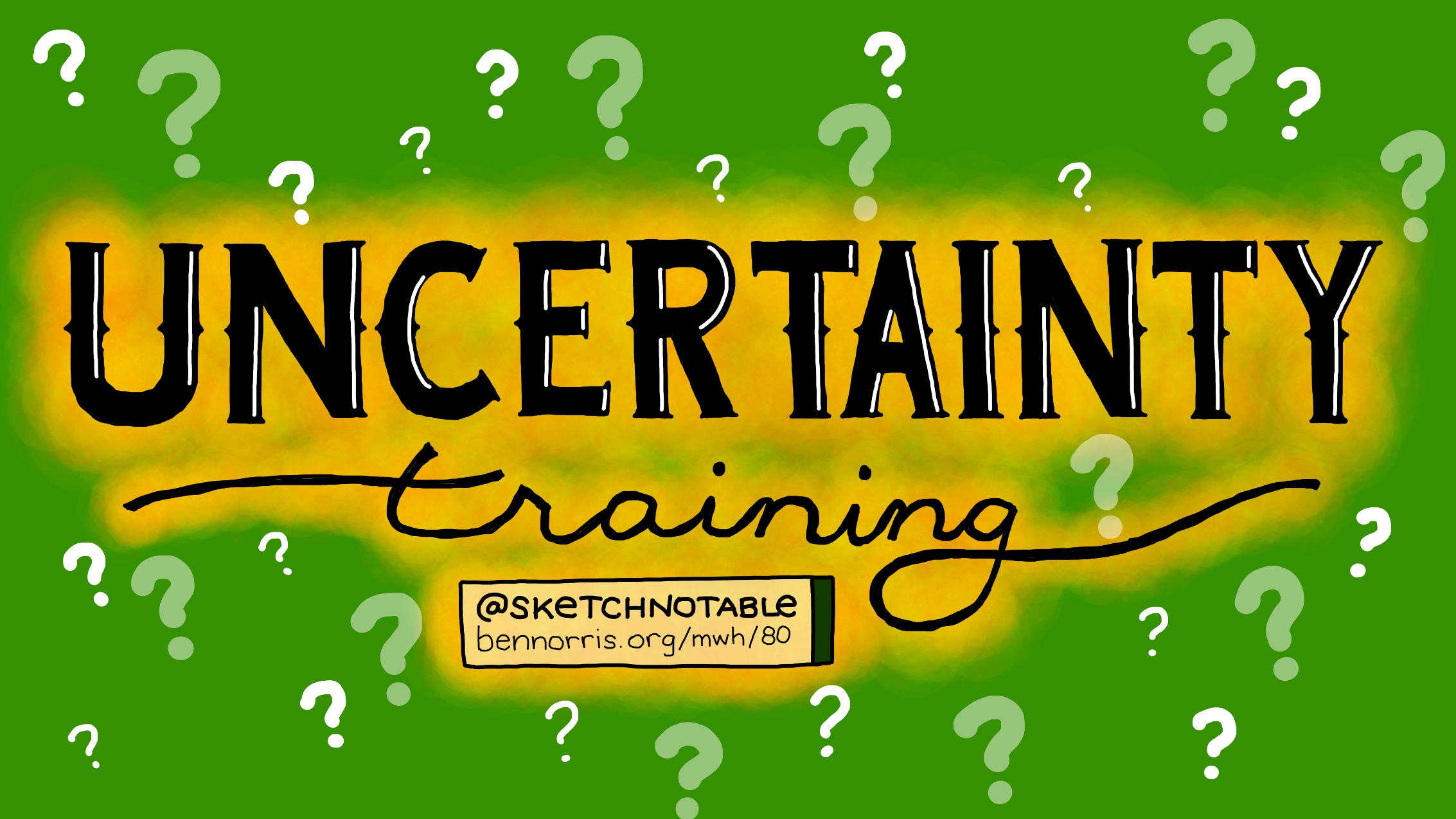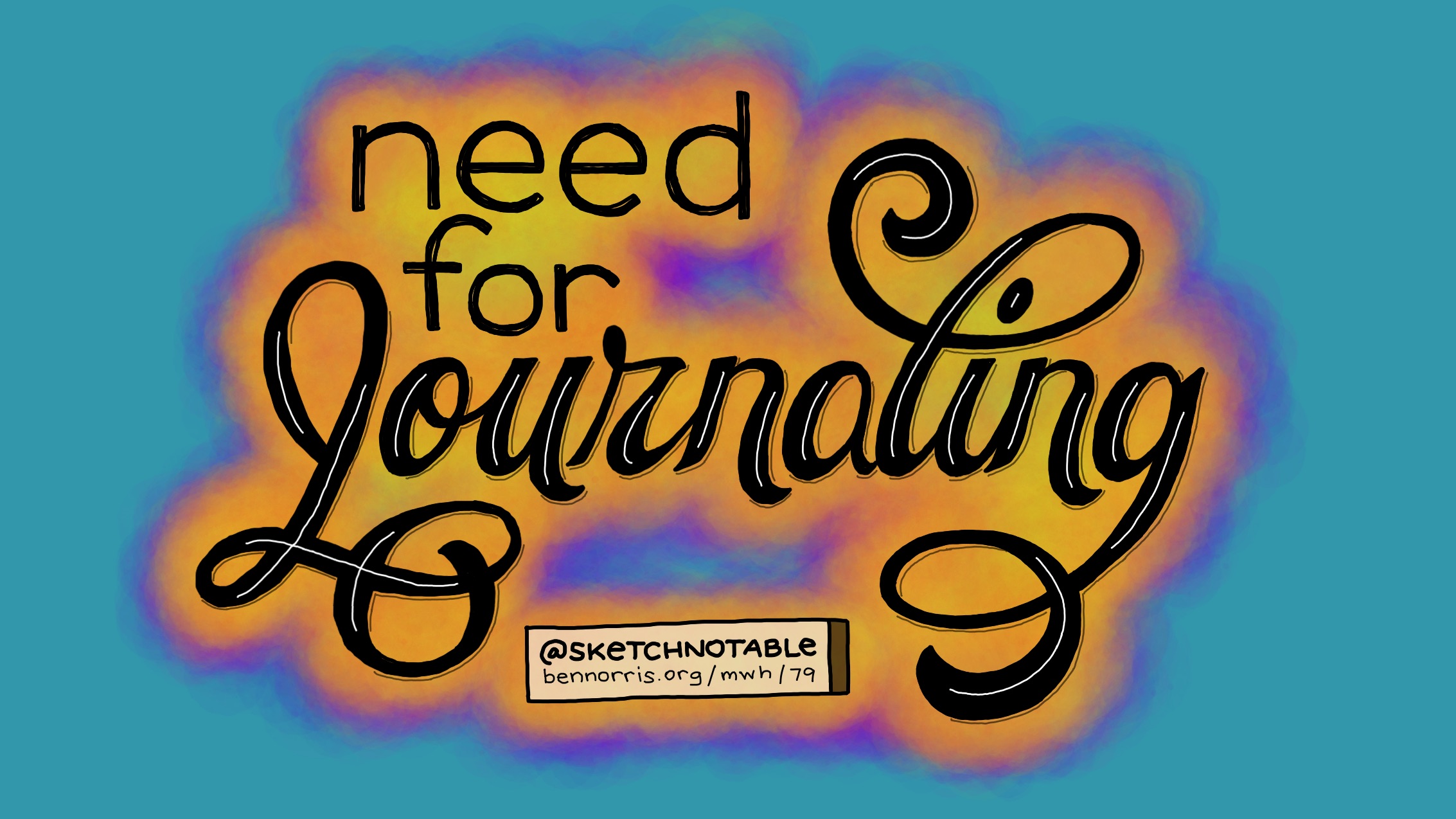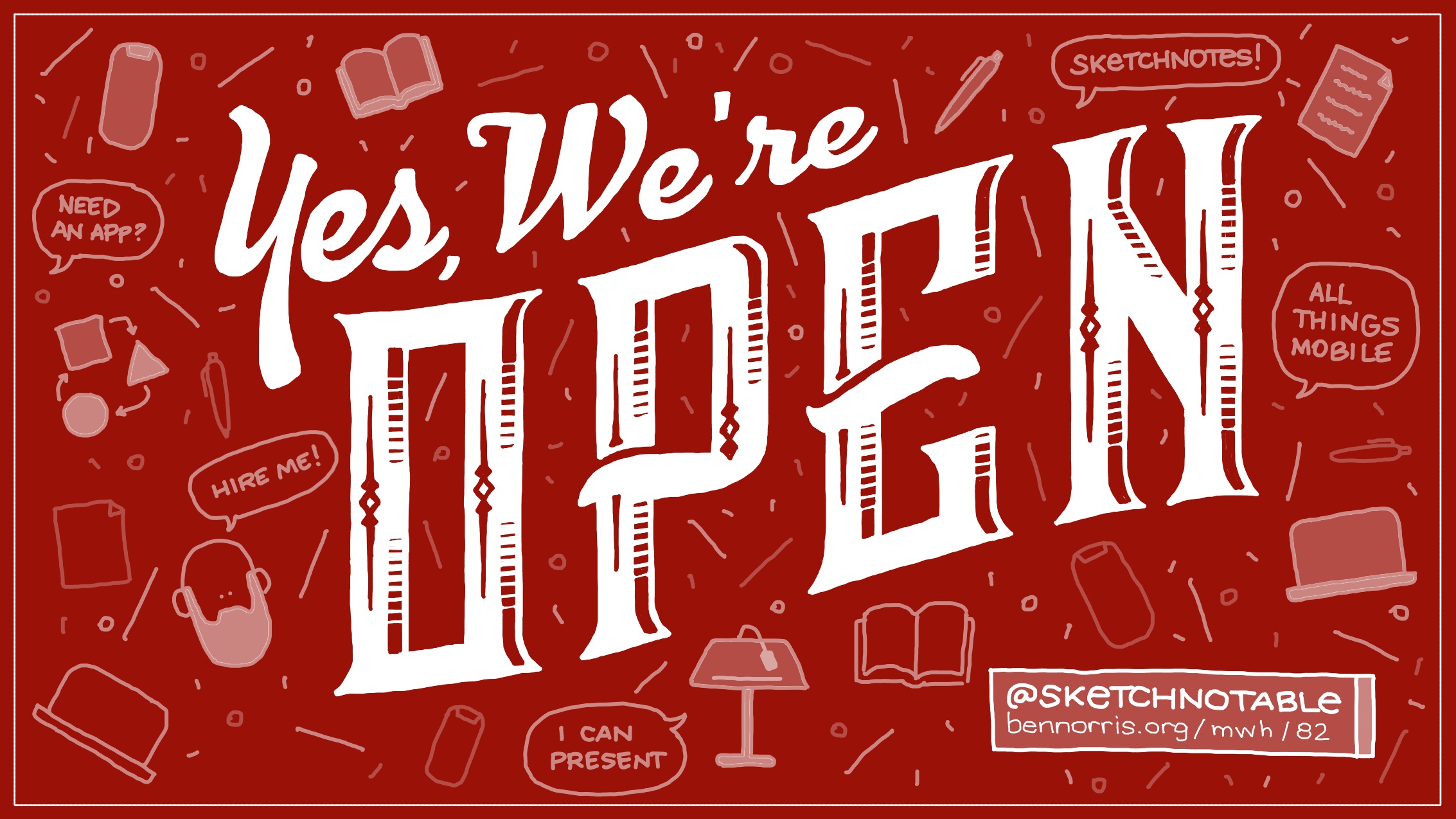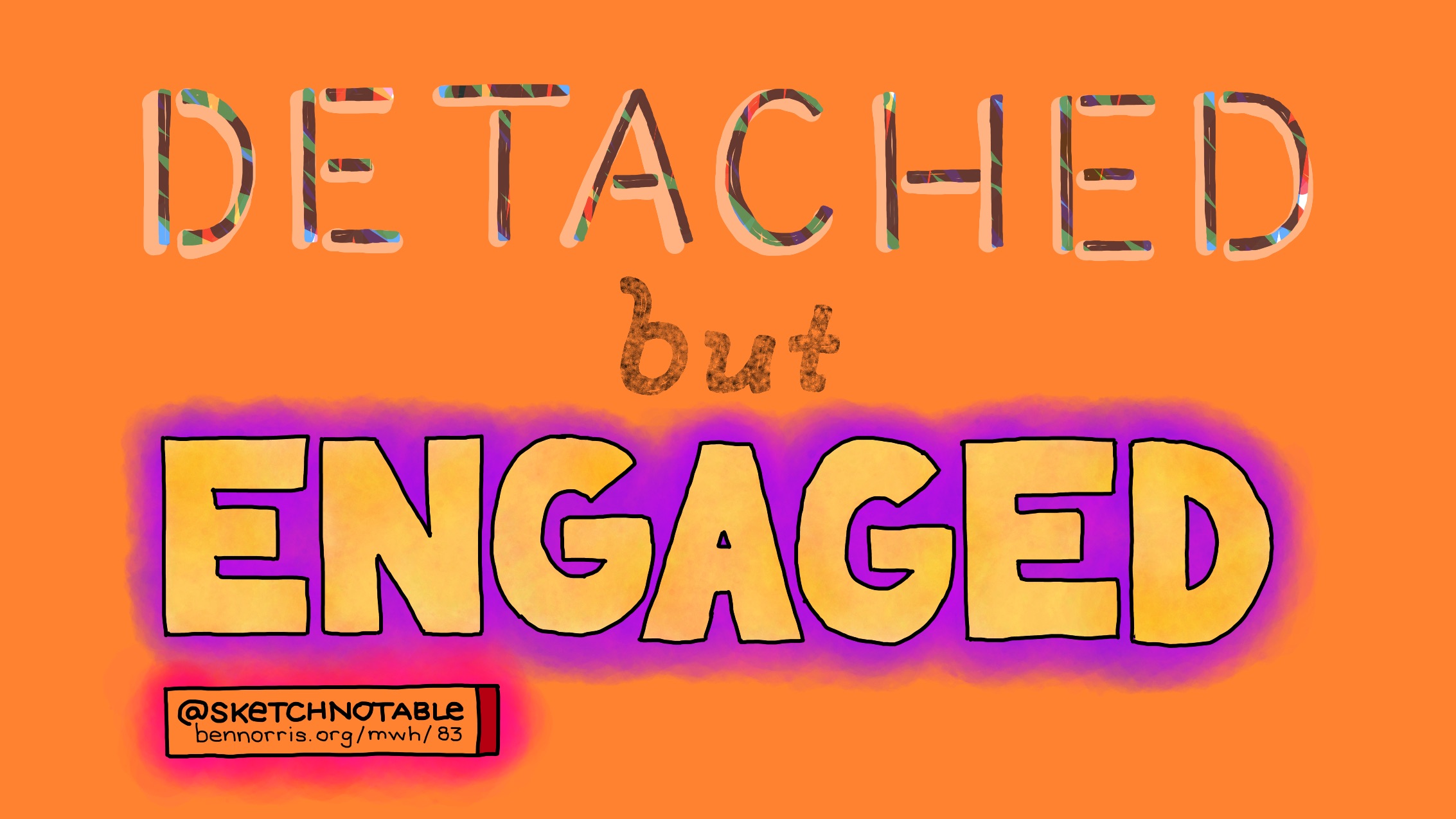This week, I share my success in a difficult area of my life, in the hopes of exploring and extrapolating some of the lessons to other areas of my life.
These weekly updates share life with OCD as part of my Mental Work Health project to reduce stigma around mental health, especially at work.
I wanted to share and reflect on an experience without sharing many of the details, as they are not mine to share. One of the hardest things is watching someone you care about go through a difficult challenge. Learning to sit with the immense distress that comes with those feelings of empathy and powerlessness is one of the great lessons of life.
Story
My life is in turmoil right now in so many ways. But despite that, I feel a sense of calm and peacefulness that has been surprising to me. My situation at work continues to be uncertain and challenging. I wrote a few weeks ago about some of the changes coming my way in update #80: Uncertainty training.

It has been a great experience for me to sit with the discomfort of not knowing exactly how things will go. One great help has been turning to journaling occasionally to process my thoughts and feelings. I was thankful to realize that I wanted that in my life again last month in update #79: Need for journaling.

I commented to someone this past week that I continue to be surprised by how calm I am navigating these changes. My OCD often makes me rigid and inflexible, and situations like this push me to the breaking point where that rigidity shatters. I have been able to lean into that and still move forward. This past week, I realized that I have already started doing what I want, and don’t need to wait for a moment of permission or accomplishment. You can read more about that in update #82: Yes, we’re open.

The backdrop for all this uncertainty with work has been immense challenges with someone close to me. I have been watching and supporting her for a long time as she confronts the unique challenges of her life.
I have listened to a lot of Jocko lately, as my therapist has recommended many times. A repeating theme over the past while has been his emphasis on detaching. He has stressed,
You cannot solve the problem from inside the problem. You have to take a step back to get a larger perspective.
Here is a good clip from his podcast stressing the importance of detaching to make better decisions:
As I was sharing with a friend about the situation with the person close to me, I talked about the importance of being detached. I realized that this is the key to my current functioning. I have been able to see what I can do, and to not allow my emotions to go wild stressing about what I can’t do.
My friend commented that I wasn’t detached—I was still very engaged. His comment pointed out to me how we often think of detaching versus being involved. I am as engaged as ever in the situation, but to a healthy level that is allowing me to continue to function even in the face of great pain and difficulty.
I have been detached but not disengaged.
This is a skill that I want to expand to other areas of my life. I typically struggle with my OCD to avoid getting stuck in black-or-white thinking. Often, it seems that there is only one way for something to be done. And if it is not done that way, I experience great distress. But in this situation, I have been able to be flexible and allow for uncertainty.
Lesson
There is so much of our lives that is impacted by others. When we are able to maintain our own equanimity regardless of their choices, we can achieve true happiness. As long as we are waiting or dependent on someone or something else to change first, we will never be able to find peace in our lives.
Someone commented to me recently that his most difficult trials have been from watching others that he love go through something hard. This has largely been true in my own life as well, with some notable exceptions.
The life of a parent is particularly prone to this kind of pain. We willingly choose to surrender our own happiness and peace to be at the mercy of our children. Or at least, that is what I grew up thinking. Part of being a good parent is not thinking about yourself at all, and just focusing on your children.
The more I learn, the more I see the need for balance. As a parent, if my emotional state is completely dependent on my children’s, that is not good for me, or for them. They need to learn how to separate themselves from people around them, and how to detach in healthy ways. And the best way I can teach them that is to learn and model it myself.
Challenge
Over this coming week, the task I propose is to identify areas of life which would be improve through a higher level of detachment. Where am I, or you, abdicating responsibility for our emotions? Where could I better support the people in my life by giving them more space?
We almost never need less caring or less compassion. But we do need less involvement. Less talking. Less controlling.
Take a step back, and gain some perspective. Be kind to yourself when you over-engage, and try again. Learn some of your trigger cues and practice detaching. It’s a skill, and will take time and practice.

